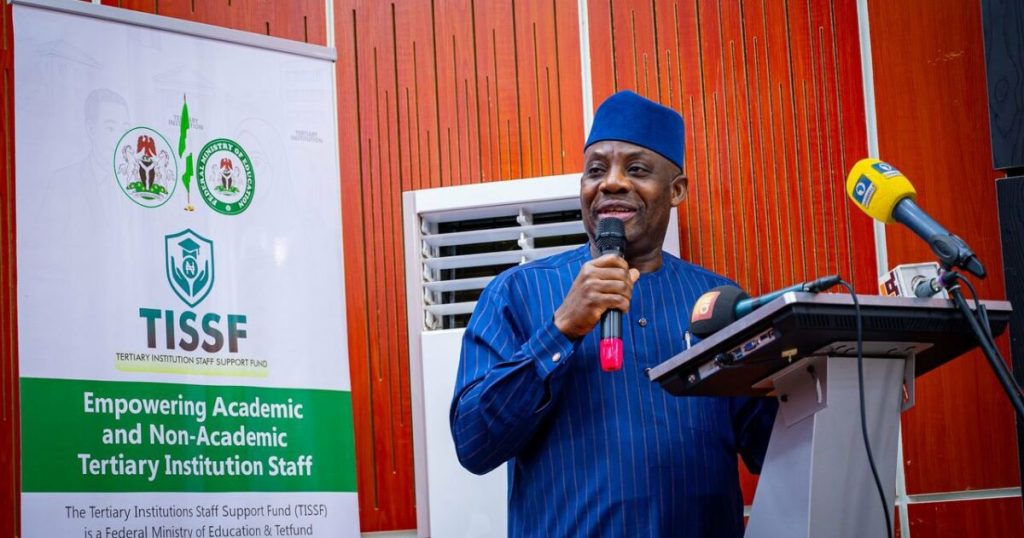The abrupt introduction of a new national curriculum in Nigeria has sparked significant criticism from educators and parents, who contend that the Federal Government failed to engage them in the process. This lack of consultation has raised concerns about the preparedness of schools to effectively implement the changes, potentially jeopardizing the quality of education. Stakeholders, convening during a virtual meeting organized by the Concerned Parents and Educators Network, voiced apprehension about the rushed rollout, characterizing it as exclusionary and potentially driven by political rather than educational considerations. The exclusion of key voices like private school associations, parents, teachers, and even students themselves is seen as a significant flaw in the implementation strategy.
A primary concern revolves around the lack of preparedness within the education system to accommodate the changes. The new curriculum introduces digital literacy, trade skills, and citizenship studies while reducing the overall number of subjects. While this streamlining is seen as a positive step towards deeper learning, the existing infrastructure and teacher training are inadequate to support the shift. Many schools lack the necessary resources for subjects like ICT and agriculture, which require specialized laboratories and equipment. Public schools, already grappling with limited resources, are expected to face further strain, while private schools may be forced to absorb increased costs without the flexibility to adjust fees accordingly.
The existing gap in teacher training also presents a significant hurdle. A substantial portion of teachers, particularly in public schools, lack digital literacy skills, which are essential for delivering the new curriculum effectively. This deficiency raises concerns about the practicality of implementing digital literacy programs effectively. Furthermore, the curriculum reform has failed to address the critical issue of out-of-school children, numbering over 20 million. Stakeholders question the government’s strategy for integrating these children into the educational system, emphasizing the need for infrastructure development and alternative learning pathways, potentially leveraging technology.
The introduction of the new curriculum, while aiming to modernize education, appears to have overlooked the existing disparities within the system. The inadequate infrastructure, especially in public schools, and the lack of adequately trained teachers threaten to exacerbate these inequalities. Private schools, although potentially better equipped, may face financial pressures that could be passed on to parents. Without addressing these fundamental challenges, the curriculum reform risks widening the gap between those who can access quality education and those who are left behind.
While the reduction in the number of subjects at the senior secondary level is lauded as a move towards deeper learning, allowing students and teachers to focus on fewer subjects more comprehensively, the overall implementation strategy seems to fall short. The lack of consultation, coupled with the existing infrastructural and training deficits, raises doubts about the efficacy of the reform. The government’s apparent focus on introducing new subjects without addressing the fundamental challenges facing the education system risks undermining the intended benefits of the curriculum change.
The concerns raised by parents, educators, and other stakeholders underscore the need for a more collaborative approach to curriculum reform. Meaningful engagement with all stakeholders, including teachers, parents, students, and private school operators, is crucial for successful implementation. Addressing infrastructural deficiencies, providing adequate teacher training, and developing strategies to integrate out-of-school children are essential prerequisites for achieving the desired outcomes. Without these critical steps, the new curriculum risks exacerbating existing inequalities and failing to deliver on its promise of a more relevant and effective education for all Nigerian children.


